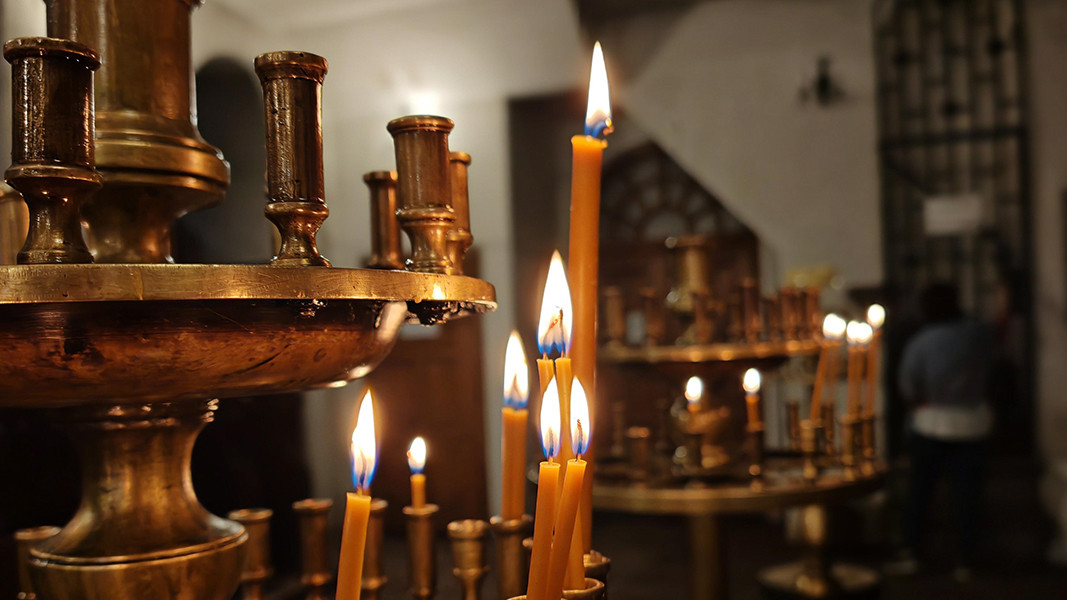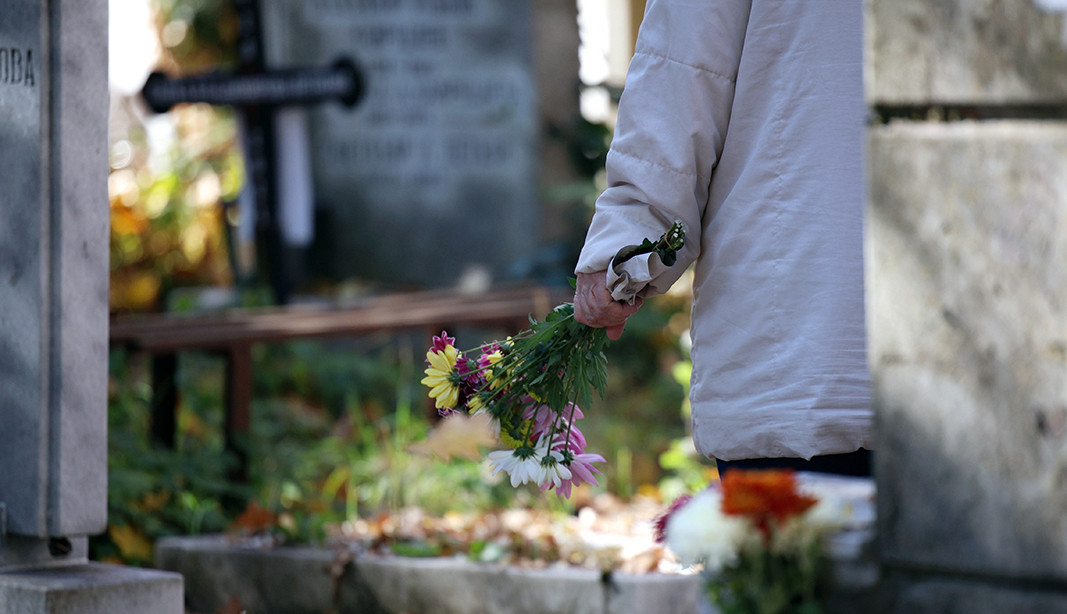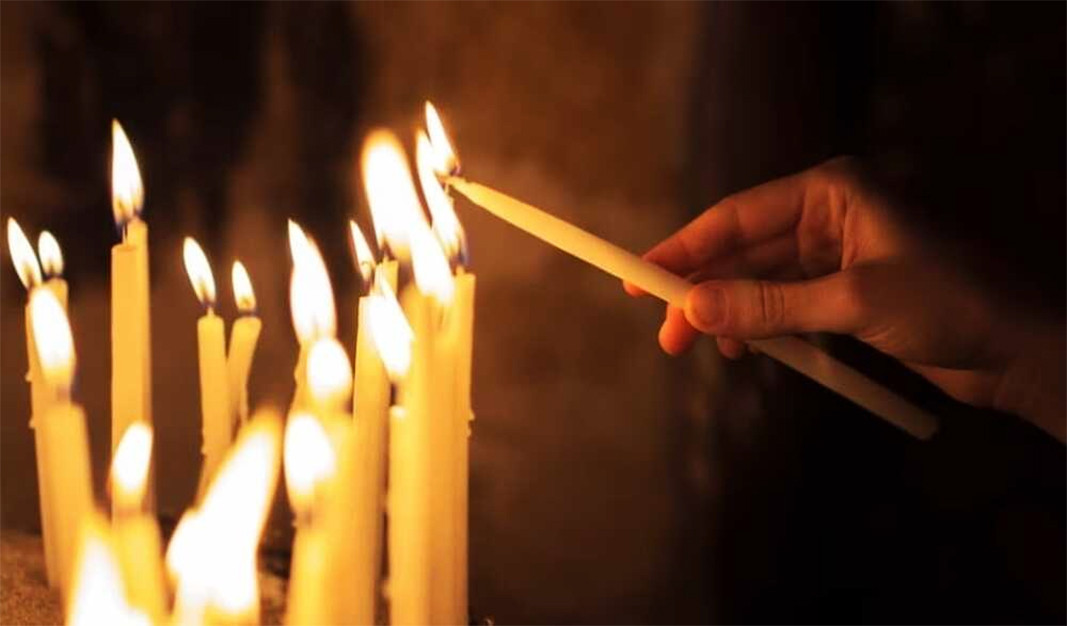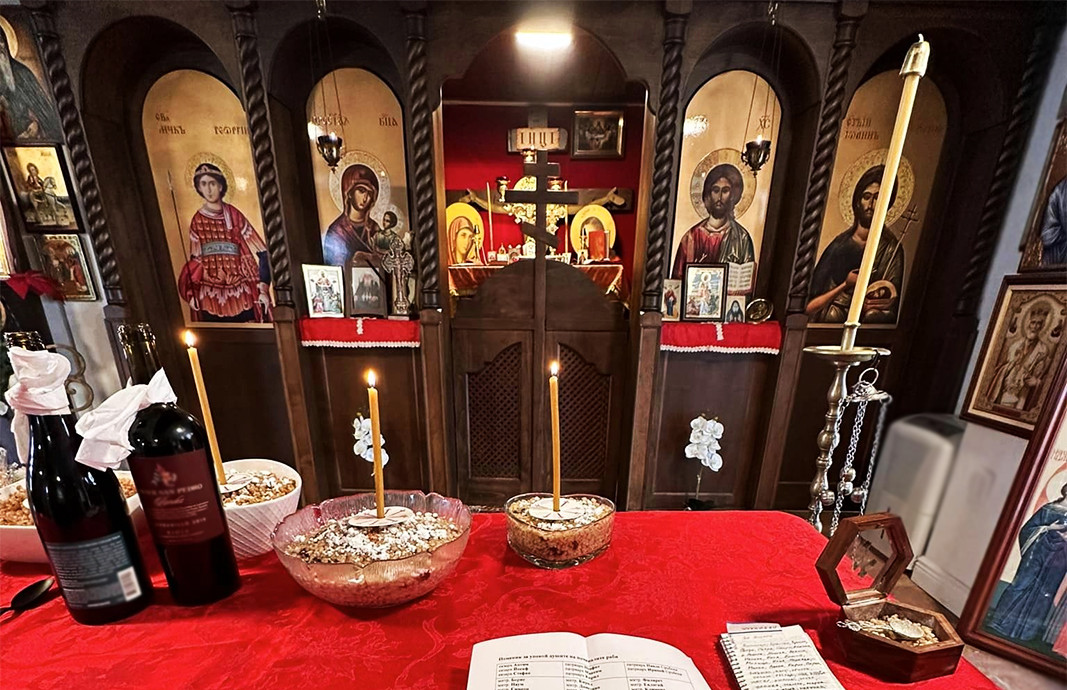In today’s world, where material values overshadow the spiritual, reflections on the salvation of souls somehow remain in the background. The constant race against time and the stream of daily tasks muffle the voice of the soul, which struggles to breathe amid the frantic pace of everyday life.
And then comes All Souls Day (Zadushnitsa), when we pause for a moment and set aside work and worldly worries to remember the departed—to light a candle and give alms in their memory.

In the calendar of the Bulgarian Orthodox Church, there are three All Souls Days (Zadushnitsas), always observed on Saturdays—before Meatfare Sunday (the beginning of Great Lent), before Pentecost, and before the Day of Saint Michael the Archangel (Arhangelovden).
Archangel All Souls Day is the last one of the year and is called Men’s All Souls Day, in memory of the fallen defenders of our land.
The All Souls Days remind us of our duty to the departed—a moment to shake off vanity and worldly concerns and to turn our thoughts toward the immortal soul. For the living, there is always hope to find the path to salvation, but for the dead, their only solace lies in their loved ones, whose prayers can help their souls find peace.

The most powerful prayer for the departed is during the Divine Liturgy, when the priest separates small particles from the prosphora for both the living and the dead, mentioning each by name. At the end, all these particles are placed into the Holy Chalice with the Blood of Christ.
That is why, before the service, the names are written down—so that the priest may commemorate them at the altar, allowing, through God’s grace, a consoling encounter between the departed and their loved ones. Thus, every prayer becomes a beam of light, reaching even the souls lost in darkness and grief.

At a communal table in the church, the relatives of the departed place boiled wheat, symbolizing death and resurrection into eternal life, along with bread, wine and fruits. In addition to sharing among themselves, the participants in the prayer also distribute food to the poor and hungry as alms, with the hope that, through the words “May God forgive!”, the sins of the departed may be absolved.

Photos: BGNES; BTA
On 19 October 2025, the day on which Orthodox Bulgarians commemorate St Ivan Rilski the Miracle-Worker, the newly renovated St Ivan Rilski Church in Chicago will officially reopen its doors. Named after Bulgaria’s heavenly patron , the church will host..
Archaeologist Nikolay Ovcharov on Thursday announced the discovery of a large circular temple at Perperikon, the early-historic rock complex in the Eastern Rhodopes, BTA reported. Dating to the 3rd–4th centuries AD , the structure is believed to..
This summer, archaeologists once again breathed life into the legends woven into the rocks of Kaliakra . Among the ruins of the once majestic fortress above the Black Sea, over 400 artefacts were discovered, shedding new light on..

+359 2 9336 661
